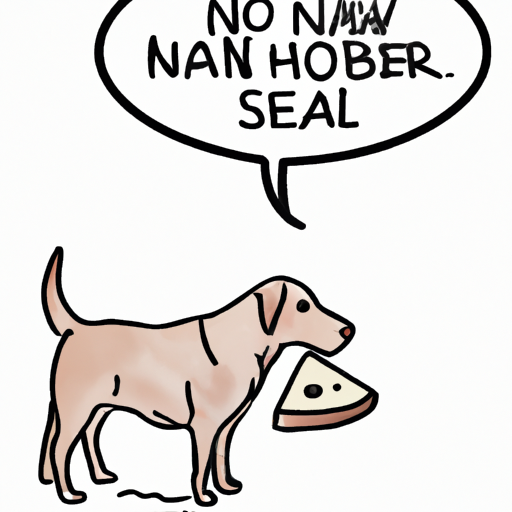Introduction
You’re in the kitchen, a piece of ham slips from your hand, and before you know it, your dog is there, gobbling it up. You might think, “It’s just a small piece of ham, how bad could it be?” Let’s delve into this topic and enlighten ourselves on why ham might not be the best treat for our furry friends.
Your Dog’s Digestive System
Firstly, let’s understand your dog’s digestive system. While dogs are omnivores and can consume a variety of foods, their systems are primarily designed for processing meat. However, not all meats are created equal.
- Processed meats: These include hams, sausages, and hot dogs. They’re loaded with salts and preservatives, which can be harmful to dogs.
- Unprocessed meats: These include chicken, beef, and fish. They can be healthy for dogs when cooked properly and served in moderation.
The Problem with Ham
Ham, especially the type we consume during the holidays, is typically processed, highly seasoned, and rich in fat. Here’s why it could be a problem:
- High salt content: Ham is cured, which means it has a high salt content – far more than a dog’s body needs. Too much salt can lead to excessive thirst, urination, and even sodium ion poisoning.
- Rich in fat: Ham is high in fat, which can lead to obesity and pancreatitis in dogs.
- Seasonings and preservatives: Ham often contains seasonings and preservatives that are harmful to dogs, such as onion or garlic powder.
Alternatives to Ham
So, if not ham, what can you give to your beloved pet? Here are some healthier alternatives that your dog will love just as much, if not more:
| Meat Type | Benefits |
|---|---|
| Chicken | High in protein, low in fat |
| Turkey | Rich in nutrients like zinc and vitamin B |
| Fish | Packed with Omega-3 fatty acids |
FAQs
Q: Can a small piece of ham hurt my dog?
A: While a small piece of ham might not immediately harm your dog, regular consumption can lead to health problems.
Q: What symptoms should I look for if my dog has eaten ham?
A: Look for signs of excessive thirst and urination, vomiting, diarrhea, and lethargy.
Q: What should I do if my dog has eaten a large amount of ham?
A: If your dog has eaten a large amount of ham, it’s best to consult your vet as soon as possible.
Conclusion
As the caregiver of your furry friend, it’s essential that you understand what’s best for them. It’s always tempting to share our food with our pets, but remember, what’s good for us might not always be good for them. So next time your dog gives you those puppy eyes while you’re eating ham, resist the urge and give them a healthier treat instead.



